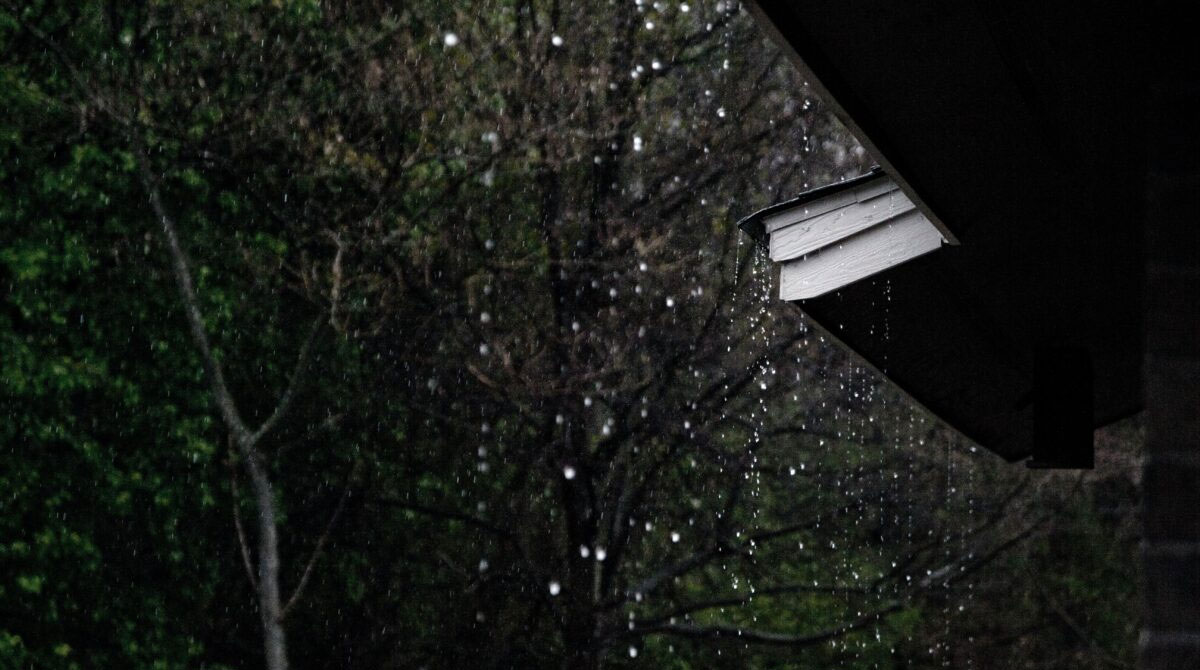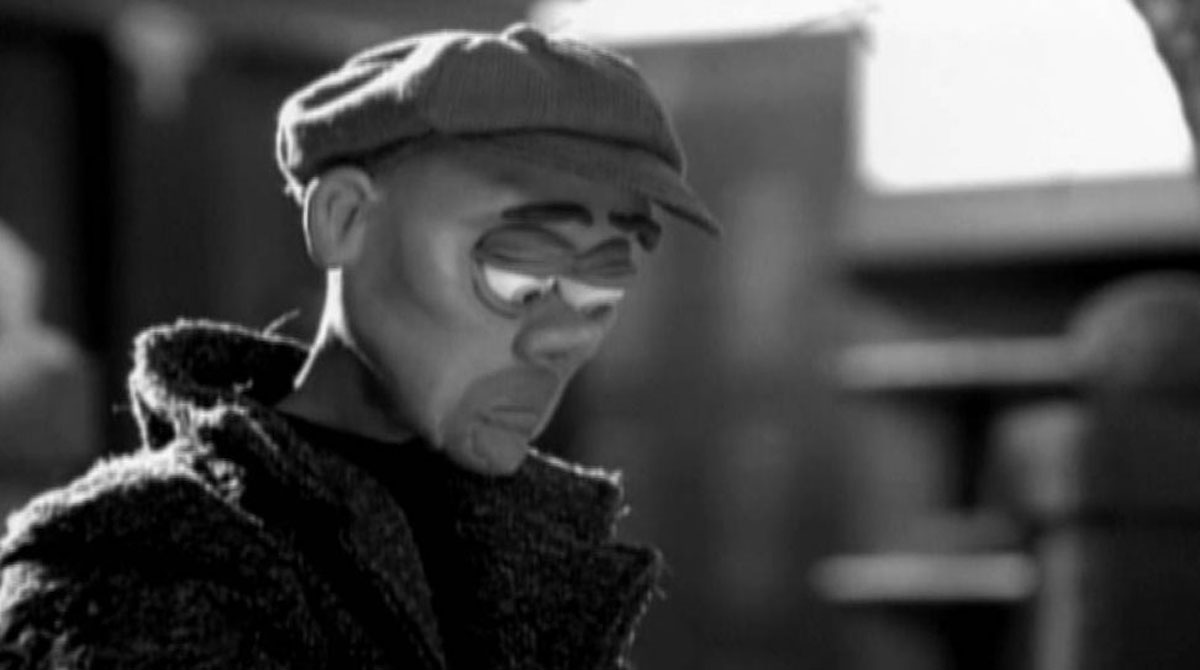Rain In Summer by Henry Wadsworth Longfellow
Keeping in April’s theme being “Rainfall” and National Poetry Month, I’d like to share another rain-based poem. This time it’s in the romantic tradition and one that is more just a celebration of the imagery of rain without any deeper meaning. Well, that’s not fair there is a bit of a deeper theme that is introduced but it’s fairly tame in my opinion. I prefer just reveling in the simple joy being described here rather than finding some dark meaning underlining it. Is that shallow of me? Sure, why not.
Henry Wadsworth Longfellow was a romantic poet from the 1800s primarily know for his lyrical style and historical poems. In Rain In Summer Longfellow describes the happiness found in rain falling on a hot summer day. It’s as simple as that. He describes the feelings of various groups – old and young – as they welcome the falling rain with open arms. There is a moment where he, the Poet, laments the fact that the people only enjoy the rain at the time while missing the implications of the larger, cyclical nature of the universe. And, like the people described in the poem, that’s what I’m going to do as well.
This is just a pretty poem. One of those wonderful celebrations of nature and joy that were fairly common romantic poetry of the time. Yes, there is the implication that one can find their place in the universe by examining something as simple as the rain, but honestly, the idea of finding happiness by living in the moment is more impactful to me. Life is a series of small moments that we experience collectively. If we are mindful of each individual moment our bliss can fall down on us like rain on a summer day.
Rain In Summer
by Henry Wadsworth Longfellow
How beautiful is the rain!
After the dust and heat,
In the broad and fiery street,
In the narrow lane,
How beautiful is the rain!
How it clatters along the roofs,
Like the tramp of hoofs
How it gushes and struggles out
From the throat of the overflowing spout!
Across the window-pane
It pours and pours;
And swift and wide,
With a muddy tide,
Like a river down the gutter roars
The rain, the welcome rain!
The sick man from his chamber looks
At the twisted brooks;
He can feel the cool
Breath of each little pool;
His fevered brain
Grows calm again,
And he breathes a blessing on the rain.
From the neighboring school
Come the boys,
With more than their wonted noise
And commotion;
And down the wet streets
Sail their mimic fleets,
Till the treacherous pool
Ingulfs them in its whirling
And turbulent ocean.
In the country, on every side,
Where far and wide,
Like a leopard’s tawny and spotted hide,
Stretches the plain,
To the dry grass and the drier grain
How welcome is the rain!
In the furrowed land
The toilsome and patient oxen stand;
Lifting the yoke encumbered head,
With their dilated nostrils spread,
They silently inhale
The clover-scented gale,
And the vapors that arise
From the well-watered and smoking soil.
For this rest in the furrow after toil
Their large and lustrous eyes
Seem to thank the Lord,
More than man’s spoken word.
Near at hand,
From under the sheltering trees,
The farmer sees
His pastures, and his fields of grain,
As they bend their tops
To the numberless beating drops
Of the incessant rain.
He counts it as no sin
That he sees therein
Only his own thrift and gain.
These, and far more than these,
The Poet sees!
He can behold
Aquarius old
Walking the fenceless fields of air;
And from each ample fold
Of the clouds about him rolled
Scattering everywhere
The showery rain,
As the farmer scatters his grain.
He can behold
Things manifold
That have not yet been wholly told,–
Have not been wholly sung nor said.
For his thought, that never stops,
Follows the water-drops
Down to the graves of the dead,
Down through chasms and gulfs profound,
To the dreary fountain-head
Of lakes and rivers under ground;
And sees them, when the rain is done,
On the bridge of colors seven
Climbing up once more to heaven,
Opposite the setting sun.
Thus the Seer,
With vision clear,
Sees forms appear and disappear,
In the perpetual round of strange,
Mysterious change
From birth to death, from death to birth,
From earth to heaven, from heaven to earth;
Till glimpses more sublime
Of things, unseen before,
Unto his wondering eyes reveal
The Universe, as an immeasurable wheel
Turning forevermore
In the rapid and rushing river of Time.
About the Author
Henry Wadsworth Longfellow was born in Portland, Maine—then still part of Massachusetts—on February 27, 1807, the second son in a family of eight children. His mother, Zilpah Wadsworth, was the daughter of a Revolutionary War hero. His father, Stephen Longfellow, was a prominent Portland lawyer and later a member of Congress.
This poem is in the public domain.
Image by Anna Atkins












Likhon chowdhury says:
Conor says:
Andy Garcia says: